News
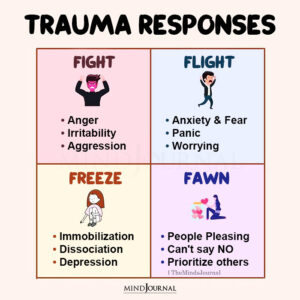
Trauma Responses Contribute to Mental Health Issues
Children who come from hard places riddled with trauma are so easily misunderstood. Explore what is behind your adopted child’s tough behaviors. Buy into the concept that these are just leftover adaptive responses from before they came to you. True, our kids will get labeled with some form of mental health diagnoses or another. Trauma creates real changes in the brain which creates real symptoms. It remains our job to stand by our children through their struggles, teach and model healthier coping strategies, help them accept their mental health struggles, and learn to be proud of all their healing.

Labels: Shame, and Fear: Destigmatizing the Stigma in Mental Illness
What comes to mind when you think of these three words: LABELING, SHAMING, AND FEAR? I would wager that we all know someone who suffers from mental illness, if not ourselves. Overcoming the stigma that society has placed on mental illness is an uphill battle. Continue reading to learn ways you can help your child if they are struggling with their mental health. After all, breaking down the stigma means accepting that mental health challenges are real and then working as a team to gather support for your struggling child.

An Unexpected Journey: The Story of Afghan Refugee, Hadiya
My name is Hadiya Amini, and I was raised in a large family that included my grandmother, my uncle’s family, my father, my mother, and my older sister in Wardak, Afghanistan. We moved to Kabul because there was no girls school in Wardak, and my father and uncle decided that we should be educated. After
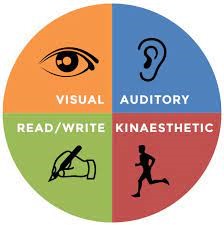
Dear Director: The 10-Second Child in the 1-Second World Edition
Dear Director,
My 7-year-old adopted daughter and I fight every time it is time to go anywhere. She takes so long to get and be ready to go that it feels like she is stalling on purpose. My Post Perm worker told me she is a 10-second child in a 1-second world and needs more time to process information. I’m having trouble buying into this idea. After all, my daughter is 7 and very smart and capable. Please share your wisdom.
Signed, Doubtful
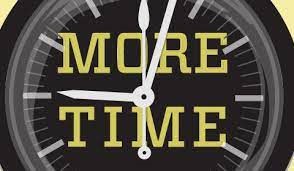
A New Perspective
What a gift it is to figure out that all your child needs is more time. More time to think, to listen, to process, to answer, to respond. Tension at home and problems at school can dramatically decrease with this simple adaptation. It is you; the parent, the teacher, the adult who needs to change. Adapt a new paradigm. Change how you understand your child.. Change your expectations. Change how you communicate. Change your total perspective. If your child is that 10-second child in this 1-second world, your entire lens must shift! Now keep reading for specific adaptations that match this new perspective.
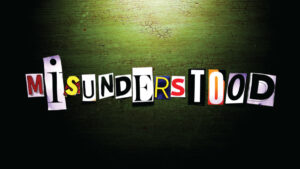
Easily Misunderstood: Easily Labeled
“If understood word being you that you angry to that understand up just down you a even don’t
parents frustrated not directions answering your give grades what going.”
This is what a person with a slower processing speed may hear when you talk to them: EVERY 3rd word.
Now read that again without the missing words:
“If you only understood every 3rd word that was being spoken to you, what would that look like?
You may seem angry and defiant to cover up that you cannot understand and keep up. Perhaps you
just plain shut down? Or maybe you say “yes” a lot or even better, “I don’t know.” Your parents
would be frustrated with you for not following their directions or properly answering your
questions. Your teachers would give you poor grades and question what is actually going on.”
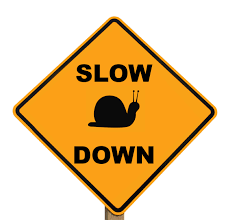
10-Second Child in a 1-Second World
Being a **10-second child in a 1-second world simply means that the child has a slower processing speed. The concept implies an expectations mismatch between the adult speaker and the child. Our cultural assumption is that children are supposed to “process” information immediately and respond accordingly. But the 10 second child needs way more time! This idea can be applied to all differently-wired brains. If you’ve read the other Post Perm Newsletters, you are well aware that your adopted child most likely experienced trauma that changed their brain. These changes include processing speed. Keep reading to learn how your child may actually be one of those 10-second children in a 1-second world.

Advocacy Resources
The key to being the best advocate for your child is who you know, what you know, how much you know, who you can lean on, where you go for expert information, who you can ask, what you have access to, and then again who you know! Keep reading about ways to connect with all these who, what,where’s so you can have resources upon resources to help you speak up for your beloved children.
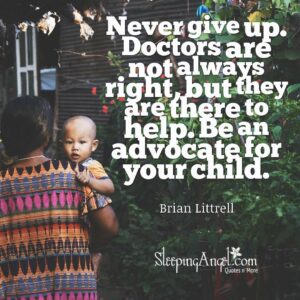
Dear Director: The Advocacy Edition
Dear Director,
Our 12-year-old adopted son has been acting out of it and spacey. This is the time of year when he was removed from his birth family. Out of the blue, at school yesterday, he ran out of the classroom and didn’t respond to his name. He ended up in the school parking lot talking nonsense. By the time I arrived at school, he was pretty much back to normal but didn’t recall what had happened. We had a scheduled appointment with his Psychiatrist the very next day. She was quite dismissive of this episode and the changes we had been noticing in our son. How can I get my son’s Psychiatrist to listen to me? I heard this may be a trauma response, something called dissociation. I know my son best and the doctor should take my observations along with the school incident more seriously.
Signed, Frustrated





